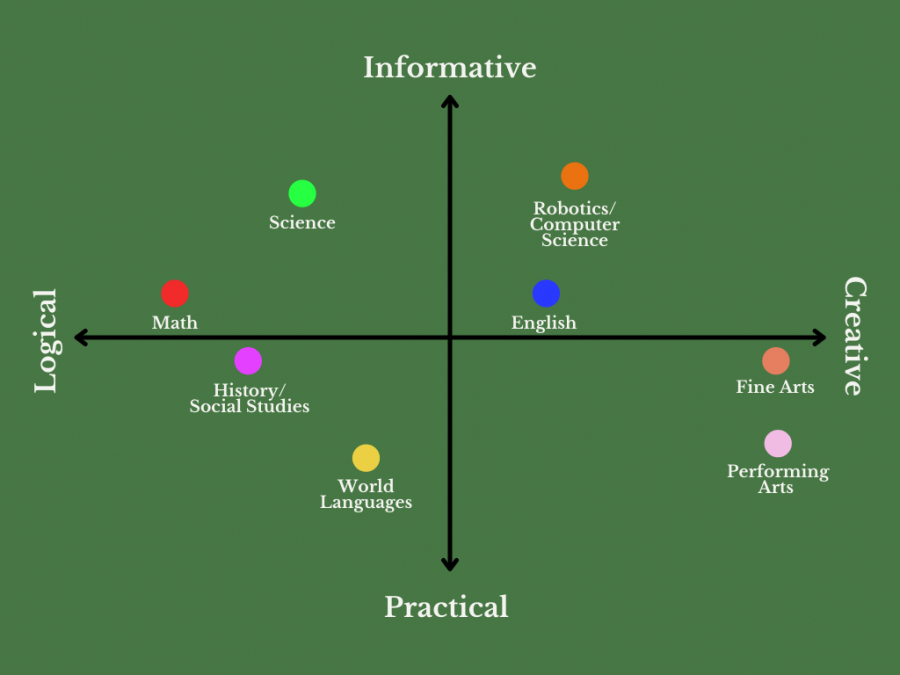Teacher Philosophies: World Language Department
Language is the essence of culture. It allows us to communicate, connect and understand on a deeper level. The TAS World Language Department aims to foster this, allowing students to graduate as bilingual, and often even trilingual, global citizens.
Despite new technology and the accessibility of sources such as Google Translate, learning languages is still a practical skill that is very advantageous, as connecting with people must go beyond a computer. “I think that picking up however many languages you can learn really makes a difference in how you interact with and understand people,” Ms. Lisa Casarrubias (she/her), upper school world languages department chair and Spanish teacher, said. “You can’t learn a language without learning its culture.”
Although the content of Mandarin, Spanish and Japanese classes are different, the World Languages Department encourages similar teaching styles. “We look for teachers who make language learning fun, engaging and real,” Ms. Casarrubias said. “It’s hard to bring Spain here, but we find people who can do so through their enthusiasm and resources.”
For native speakers and new learners of a language, the value of taking courses can be different. “It’s great to be a native Taiwanese and learning Mandarin because you will learn more about the culture and history of Taiwan as well, and it’s also important to maintain that bilingualism when immersed in an English speaking environment,” Ms. Casarrubias said. “For new learners, the learning curve is so huge and you feel more and more confident little by little.”
Students, especially seniors, are starting to recognize the importance of language as they move abroad. “I think that sharpening both my Mandarin and Spanish skills have been very helpful throughout high school, and I feel confident that I will be able to continue using these languages in college and eventually in my profession,” Sofia Liu (‘21, she/her), a Mandarin and Spanish student, said.
Nelson Mandela once said, “If you talk to a man in a language he understands, that goes to his head. If you talk to him in his own language, that goes to his heart.” This is Ms. Casarrubias’ favorite quote, as it exhibits the power of language and identity that the world languages department hopes students will gain and take with them beyond high school.

